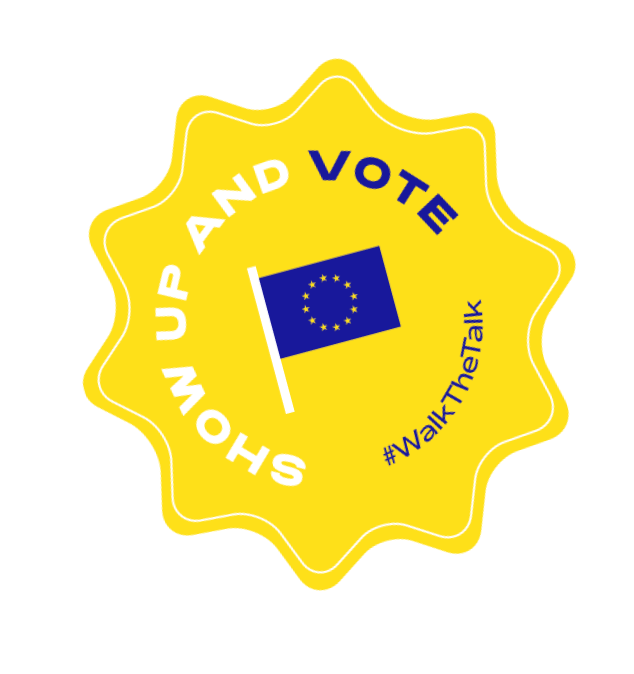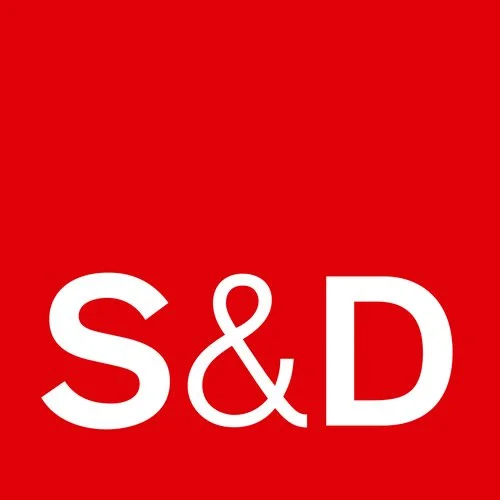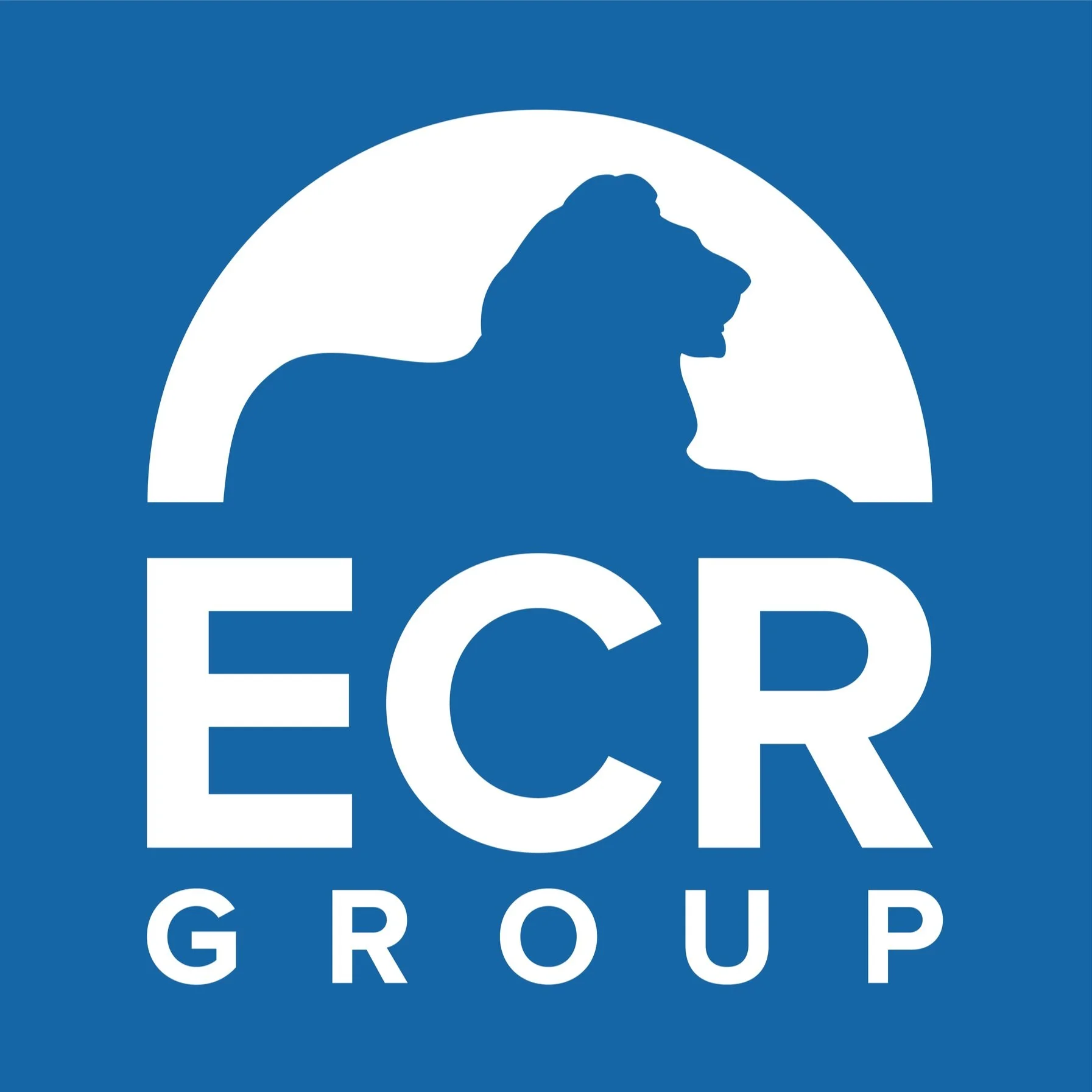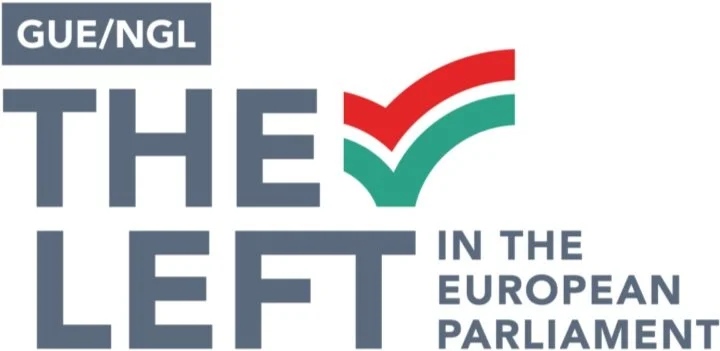
EUROPEAN ELECTIONS
Get the facts
Become part of the change you want to see.
How the EU Parliament works
The European Parliament has a lot of power to decide on what really matters to you, and it is the only EU institution whose members you get to elect directly.
The European Parliament counts 705 members today, although in the 2024 elections, 720 members will be elected.
MEPs organise themselves into political groups, which bring together representatives from different EU countries based on their political affinities. According to Parliament rules, a political group must be composed of at least 23 MEPs from at least one-quarter of member states (at the moment that would mean from at least seven countries).
Political groups can be formed at any time during the term. Currently, seven fulfil the criteria. MEPs can belong to only one political group, but may choose not to belong to any; they are then called non-attached.
Source: European Parliament website
Most EU law is created through a procedure called co-decision, which was agreed by all EU Member States, where:
The European Council (Member States’ Presidents and Prime Ministers) decides on a general direction for the EU
1.
The European Commission drafts laws based on the decisions of the Council
2.
The European Parliament—people you’ll elect in June—and the Council of the EU (Member States’ Ministers) review and make changes to the Commission’s proposal, going back and forth until they agree. The proposal becomes law only when both the Parliament and the Council of the EU agree.
3.
Seat distribution by political group on 16 February 2023. NI stands for Non-Inscrits, French for non-attached, who are not part of a group.
Who’s running
Members of the European Parliament assemble by political group to discuss on-going projects, although they’re not required to vote according to their group. They can vote freely in Parliament, not being required to follow the opinion of the majority.
EUROPEAN PEOPLE’S PARTY (EPP)
The EPP is a centre-right, pro-European political group that gathers Christian-democratic, conservative and liberal-conservative national parties. It is the largest and oldest group in the European Parliament. They aim for a democratic, transparent and efficient Europe that is close to its citizens. They advocate for the promotion of a free market economy with social consciousness.
PROGRESSIVE ALLIANCE OF SOCIALISTS AND DEMOCRATS (S&D)
The S&D is a centre-left group that comprises social-democratic national parties. It is the second-largest group in the European Parliament, being the leading progressive force in Europe. The S&D stands for an inclusive European society based on freedom, equality, solidarity, diversity and fairness.
RENEW EUROPE
Renew is a centre, liberal, pro-European political group representing liberal and democrat national parties. They fight for European citizens’ freedom and civil rights while striving for economic growth and jobs.
THE GREENS/ EUROPEAN FREE ALLIANCE (EFA)
Greens/ EFA is a political group composed of green and regionalist political parties. They advocate for climate and environmental protection, peace and social justice, fair globalisation, and in the fight for human rights and self-determination.
EUROPEAN CONSERVATIVES AND REFORMISTS (ECR)
ECR is a conservative political group that advocates for a Eurorealist agenda for the EU. They are considered soft-eurosceptics and anti-federalists, focusing on decentralisation, connecting people and business, promoting fair and free trade, and fostering a safe and secure Europe.
IDENTITY AND DEMOCRACY (ID)
ID is a right-wing political group composed of nationalist, right-wing populist and eurosceptic national parties. Their focus is to create jobs and growth, increase security, tackle illegal immigration, and make the EU less bureaucratic.
THE LEFT—GUE/ NGL
The Left is a left-wing political group comprising democratic, socialist, communist and eurosceptic national parties. They stand up for workers, the environment, feminism, peace and human rights under the vision of a socially equitable and sustainable Europe based on international solidarity.
NI
NON–ATTACHED
The Non-Inscrits (NI) or non-attached members (NA) are MEPs who are not affiliated with any of the recognised political groups. Despite not belonging to a group, they carry out their duties as per usual.










